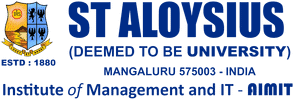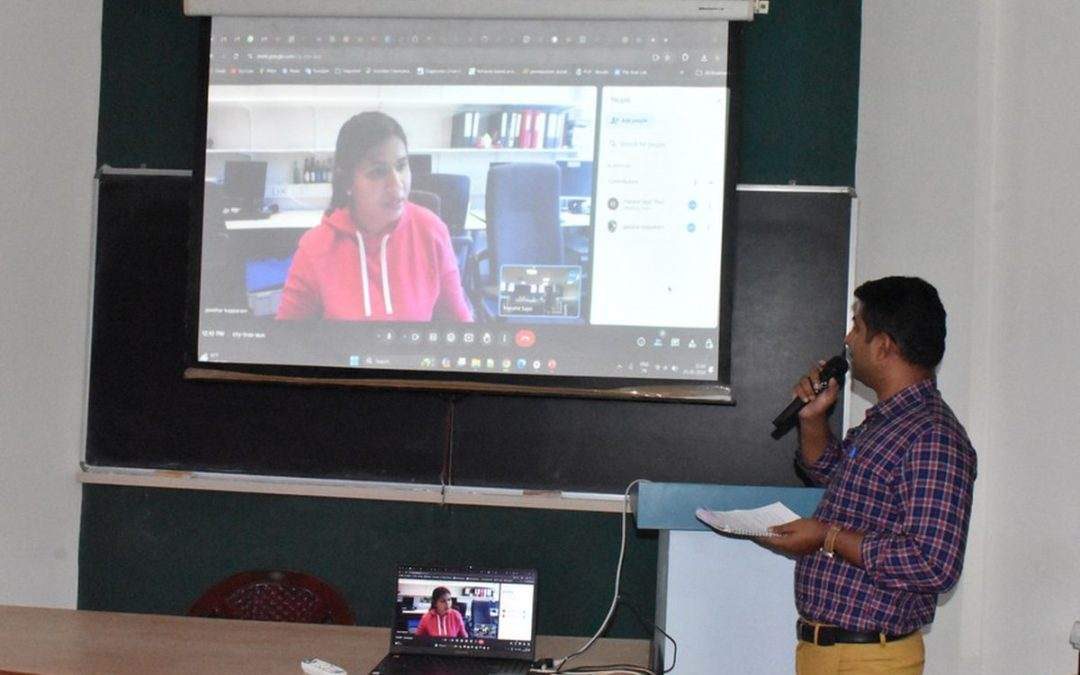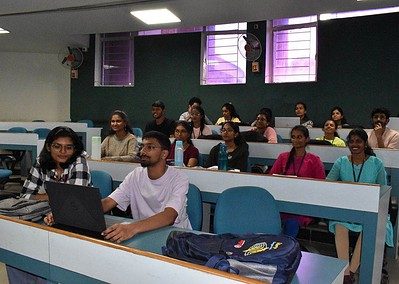Dr Chakrabarti began by highlighting the importance of entrepreneurship in life sciences, elaborating on how bio-entrepreneurship fosters innovation. She shared her personal journey, providing a narrative of her experiences and challenges.
The webinar then explored the technical aspects of gene mutation, beginning with pre-CRISPR approaches. Dr Chakrabarti discussed the limitations of earlier methods and the revolutionary impact of CRISPR technology. She explained how CRISPR and homology-directed repair (HDR) allow for precise genetic mutations, detailing how HDR works and its uses in research and therapeutic contexts. This highlighted HDR’s potential to advance personalised medicine.
Dr Chakrabarti also covered prime editing, a novel technique for refined genetic modifications, explaining its mechanism and advantages in creating precise DNA changes.
Towards the end, Dr Chakrabarti introduced VUS Diagnostics and its services, providing an overview of the company’s contributions to advancing diagnostic technologies and supporting research and development in life sciences. This segment highlighted potential career opportunities for students and emphasised the practical impact of innovations in diagnostics.
The webinar concluded with an interactive Q&A session, where students engaged with Dr Chakrabarti on CRISPR technology, opportunities in bio-entrepreneurship and advanced genetic technologies.


 Ranked 80th
Ranked 80th





